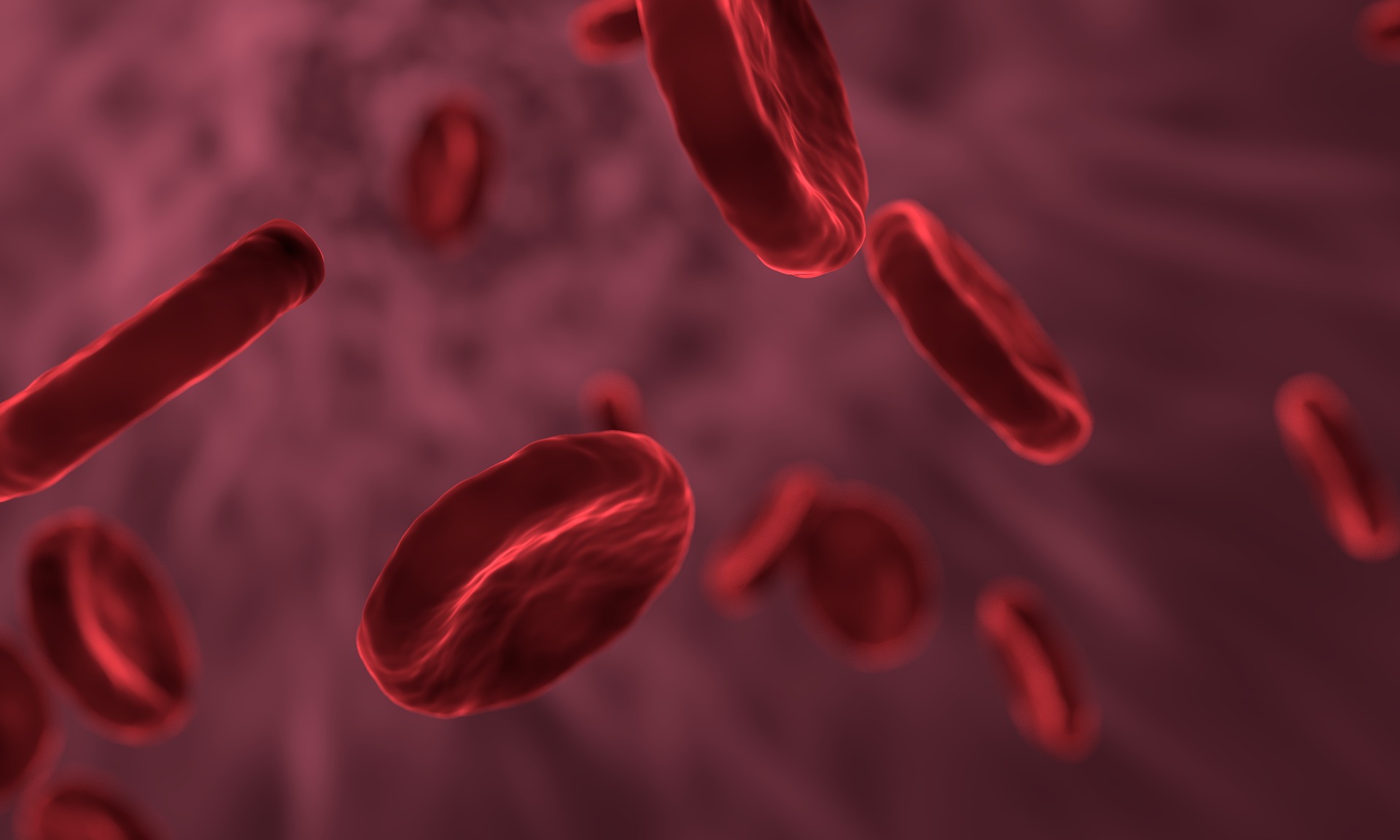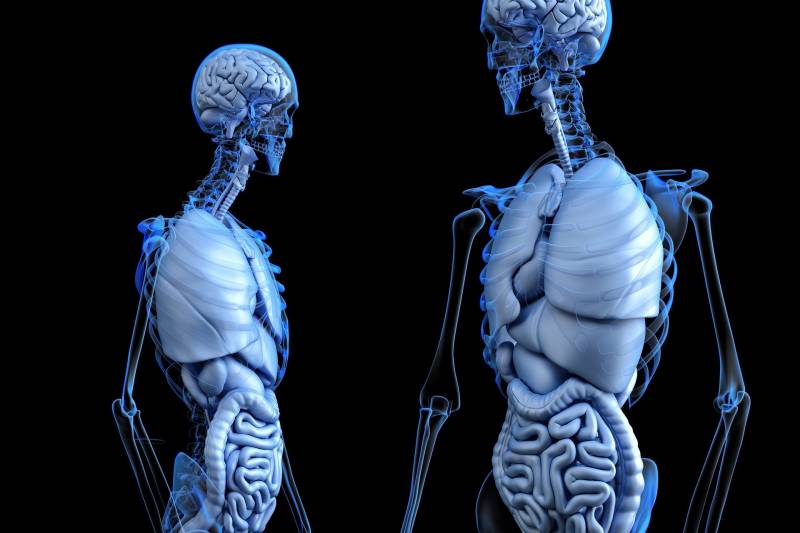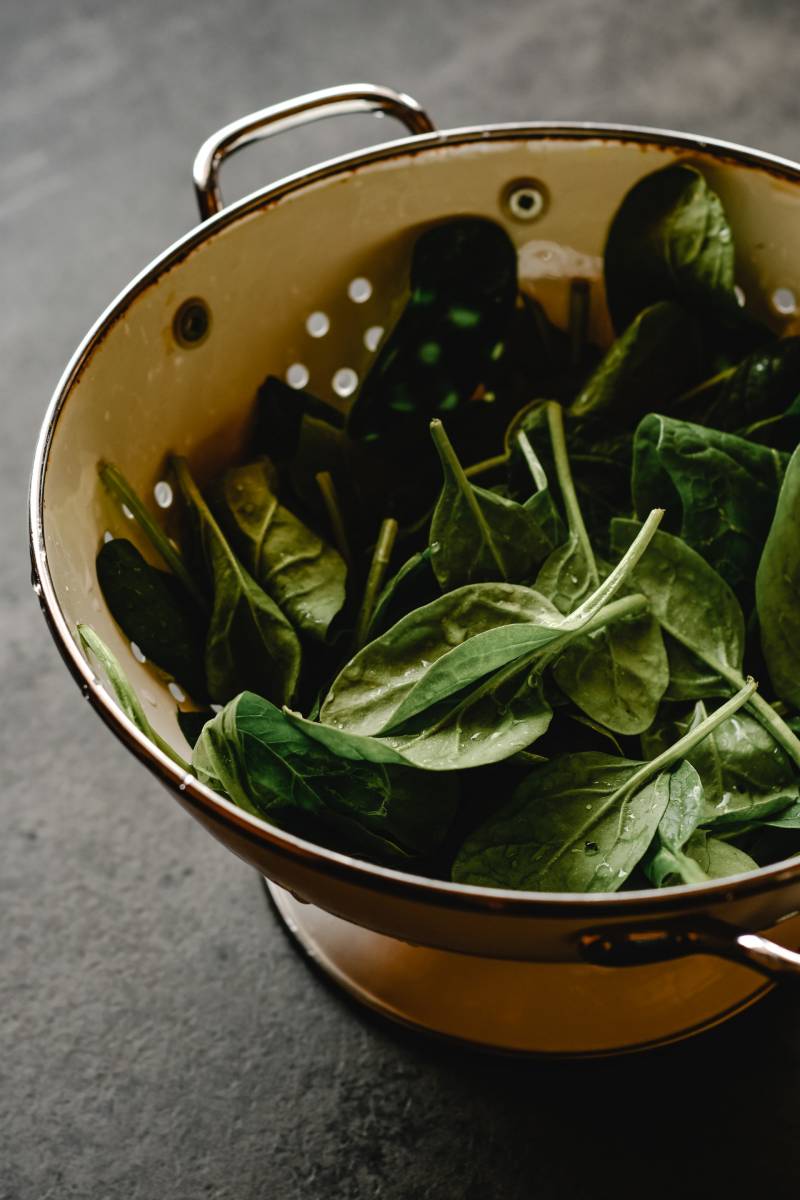IUPAC name:
2-[(2E,6E,10E,14E,18E,22E,26E,30E,34E)-3,7,11,15,19,23,27,31,35,39-Decamethyltetraconta-2,6,10,14,18,22,26,30,34,38-decaenyl]-5,6-dimethoxy-3-methylcyclohexa-2,5-diene-1,4-dione.
Q denotes quinone group & 10 denote the number of isoprenyl subunits in the tail of its molecule.
Synonyms: coenzyme Q, ubidecarenone, ubiquinone.
Abbreviations: CoQ10, CoE Q10, CoQ, Q10.
Definitions:
A protein molecule which acts as a catalyst, enhancing the rate of a chemical reaction is known as an enzyme.
Coenzyme is an organic non protein molecule that boosts the action of an enzyme.
Introduction:
CoQ10 is found in all the cells that use oxygen to produce energy! Right from unicellular bacteria to the most complex cellular organism, the human, all of them contain CoQ10.
CoQ10 is a substance found in all cells of the body, having a nucleus, except red blood cells. CoQ10 is found inside the cell organelle known as powerhouse of cells, the mitochondrion. It plays an important role in electron transport chain. It works as an energy transfer molecule in energy generation or ATP formation via aerobic cellular respiration.

CoQ10 is a cofactor in electron-transport chain that leads to the production of ATP, the energy currency.
The functioning of a cell is dependent on ample supply of ATP molecules, thus emphasizing the role of CoQ10 in the health of the humans.
The organs having metabolic rate like liver, heart, kidney, lungs, spleen, pancreas & adrenals contain highest levels of CoQ10.
CoQ10 is a primary scavenger of free radicals. It is known to combat oxidative stress effectively, nullifying the free radicals that may harm the body and cause aging and diseases. It stops formation of free radicals that may modify or damage DNA, proteins & lipids. It is a major lipid antioxidant.
CoQ10 boosts energy & immune system acting as an antioxidant.
Functions:
Mitochondrial stimulation: CoQ10 functions as obligatory cofactor for uncoupling proteins & modulates transition pores at inner membrane of the mitochondria. CoQ10 is the bioenergetic molecule fuelling the process of energy production inside the powerhouse of the cell!
Anti-atherosclerotic effect: CoQ10 increases resistance of human-LDL to the initiation of lipid peroxidation. When given as dietary supplement, CoQ10 reduces lipid concentration in atherosclerotic lesions, thus reducing the size of those lesions in the aorta.
It is essential for conversion of energy from carbohydrates and fatty acids into ATP.
It is an important antioxidant, which regenerates even other antioxidants.
It promotes growth of cells and cause inhibition of death of cells.
It transfers reducing equivalent molecules across plasma membrane, by being a part of electron transport chain.
It plays a role in controlling the plasma membrane structure & phospholipid status.
Found as:
CoQ10 is found as 3 different types of molecule in the body: Ubiquinol, the fully reduced state; ubiquinone, the fully oxidized state & semiquinone in between them.
CoQ10 as Ubiquinol (i.e. in the reduced form) donates electrons, thus acting as an antioxidant.
3 enzymes which keep CoQ10 in reduced state in the plasma, cell membranes and intracellular organelles are:
1) NADH cytochrome b5 reductase,
2) NADH/NADPH oxidoreductase (DT diaphorase) &
3) NADPH coenzyme Q reductase.
Biosynthesis:
CoQ10 is produced in multiple intracellular organelles in animal cells like mitochondria, endoplasmic reticulum (ER) and peroxisomes from tyrosine (or phenylalanine) and mevalonate.
Absorption:
CoQ10 taken as a supplement or ingested in food is absorbed from the small intestine.
As CoQ10 is soluble in oil, it is better absorbed when taken after a fatty meal.
Metabolism:
CoQ10 is broken down in all the tissues of the body & is excreted in bile and faeces.
Pharmacokinetics:
A first peak in circulating blood levels is seen after 2-6 hours and a second peak is after 24 hours due to recycling & redistribution by liver.
Levels:
CoQ10 content in the body is 500-1500 mg and it decreases with advancing age.
Safety:
The observed safe level of CoQ10 as a supplement is 1200 mg/day, although levels your 3200 mg/day have been tolerated well with no adverse effects.
Side effects:
The rarely seen side effects of CoQ10 are nausea, vomiting, loss of appetite, abdominal pain, skin rash and headache.
Deficiency:
Decreased production and increased consumption of CoQ10, leads to deficiency of CoQ10 in the body.
Chronic diseases cause both these things, leading to CoQ10 deficiency.
Medicines like antihypertensives, beta blockers and statins decrease CoQ10 levels in the blood. Statins inhibit the production of mevalonic acid, the precursor needed for formation of CoQ10.
Deficiencies lead to myopathic & neurologic syndromes.
Sources:
Rich sources: Meat, fish, beef, pork, chicken heart, chicken liver, Vegetable oils, parsley, perilla, and avocado.
Modest sources: Broccoli, grape, and cauliflower.
Poor sources: Dairy products, fruit and berries.
Supplements rich in the active form of CoQ10 as ubiquinol are best for use. The elderly and the athletes benefit maximum from supplementation.
Frying destroys CoQ10 content in the food products.
Diseases:
CoQ10 may used in management of the following diseases, as a supplement:
Malignancy, kidney failure, heart diseases, hypertension, diseases of mitochondria , gum diseases, Parkinson's disease, diabetes, injury due to radiation, obesity, AIDS, allergy, headaches, muscular dystrophy, stomach ulcers, and age related changes.
As CoQ10 is found in muscles, it boosts the physical performance when taken as a supplement.
CoQ10 is even used to treat the muscle breakdown caused due to side effect of statins.
Drug interactions:
CoQ10 inhibits drugs causing anticoagulation, thus increasing the chances of bleeding. Drugs like Warfarin, Heparin, Anti-platelets agents, NSAID and their actions are inhibited by CoQ10.
Benefits of CoQ10:
on Muscle, Cancer, Heart, Statin reduction & Exercise performance enhancement.
The clinical benefits are visible after about 8 weeks of intake of CoQ10 as a supplement.
Muscle:
CoQ10 may possibly increase muscle strength in Duchenne Muscular Dystrophy.
Cancer:
Research points to the fact that CoQ10 is decreased in cancer patients. Those suffering from lymphoma, myeloma and malignancies of head, neck, colon, kidney, pancreas, lung, prostate and breast have low levels of CoQ10 in their blood. More studies are necessary to show the beneficial effects of CoQ10 in treating cancer. CoQ10 boosts the immune system in cancer patients by increasing the number and efficiency of macrophages & T-cells.
Heart:
CoQ10 deficiency robs the heart muscle of its power to pump blood, leading to heart failure. CoQ10 supplementation can fulfil the heart’s requirement, this extending patient’s life span, even in the most advanced cases of heart failure.
CoQ10 promises to show a ray of hope to patients suffering from failure of heart. More studies are needed to show that it benefits patients of heart failure.
Statin Reduction:
Statin-induced Cardiomyopathy can be reversed by stopping statin & starting CoQ10 supplements. No adverse effects were seen from discontinuing statin.
Adverse effects of Statins:
Statin-induced myopathy / Myalgia: Statins inhibit synthesis of mevalonic acid, the precursor of coenzyme Q10, thus leading to weakness and soreness of muscle, presenting as difficulty to climb upstairs or in walking.
Rhabdomyolysis: Striated skeletal muscle undergoes breakdown and myoglobin, the product of breakdown is harmful to kidneys and may cause kidney failure.
Liver damage: Statins causes liver to secrete more of its digestive enzymes, sometimes leading to fatigue in patients taking statins. Regular liver function tests are advisable for those on statins.
Digestive problems: Statins may cause bloating of abdomen along with flatulence, nausea and change of bowel habits. This can be reduced by taking statin after dinner in the evening.
Rash or flushing: Statins when taken with other medicines may cause a rash on the skin or flushing under the skin. This can be combated by taking aspirin before the statin.
Increased blood sugar: The risk of blood sugar levels rising after long term use of statin and leading to type 2 diabetes is rare, but there. Medical supervision is necessary to avoid this complication
Neurological side effects: Memory loss and confusion may be seen in patients, especially those suffering from Alzheimer’s disease. This effect is temporary and reversible. But yet is manifested more in patients already suffering from nervous system disorders.
Performance & exercise enhancement:
When CoQ10 is taken as a supplement, there is a significant increase in muscle concentration of CoQ10, leading to less oxidative stress and higher levels of mevalonic acid, the precursor of CoQ10 during and after exercise. This leads to more stamina and more time to exhaustion. Thus the athlete’s performance & exercise benefit were boosted by regular supplementation with CoQ10.
Skin cream:
As we grow older, CoQ10 levels in the skin start decreasing. The reduced CoQ10 levels inhibit collagen and elastin to be formed in the skin. Collagen adds firmness and elastic adds elasticity to the skin. Thus the skin starts to wrinkle and sag. CoQ10 when applied locally as a cream makes the skin look younger. It is also an antioxidant, protecting skin from damage due to free radicals. Topical CoQ10 is an effective anti-ageing solution!
Conclusion:
CoQ10 is not only an important agent for production of energy on mitochondria, but is also a functional component in all the cellular membranes. It has unique action to rejuvenate other antioxidant molecules. It is located deep within the membranes. Research shows that it plays vital role in functions and growth of the cells. Activation and suppression of genes is controlled by CoQ10. Other signalling functions include controlling channels found in the cell membranes, structure of cell membranes and lipid stability of cell membranes.
References:
Harper's illustrated biochemistry, 28th edition.
https://www.grc.com/sr6dev/misc/coq10/q10%20-%20biochemical%20functions.pdf
http://www.ncbi.nlm.nih.gov/pmc/articles/PMC3096178/
http://www.ncbi.nlm.nih.gov/pmc/articles/PMC3178961/
http://www.ncbi.nlm.nih.gov/pmc/articles/PMC2315638/
http://www.m.webmd.com/heart-disease/tc/coenzyme-q10-topic-overview
https://en.wikipedia.org/wiki/Coenzyme_Q10
http://www.mayoclinic.org/drugs-supplements/coenzyme-q10/interactions/hrb-20059019
http://www.mayoclinic.org/drugs-supplements/coenzyme-q10/background/hrb-20059019
http://link.springer.com/article/10.1007/s12033-007-0052-y
http://onlinelibrary.wiley.com/doi/10.1002/biof.5520250116/abstract
http://www.medicinenet.com/script/main/mobileart.asp?articlekey=13153
http://www.lifeextension.com/magazine/2014/4/coq10-proven-benefits-in-heart-failure-patients/page-01



